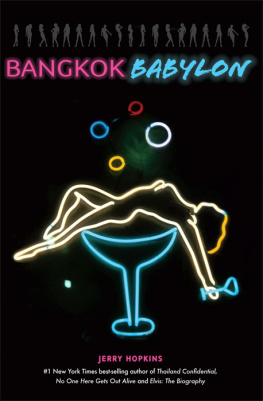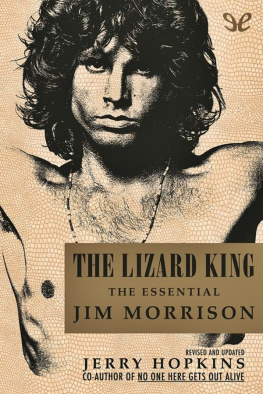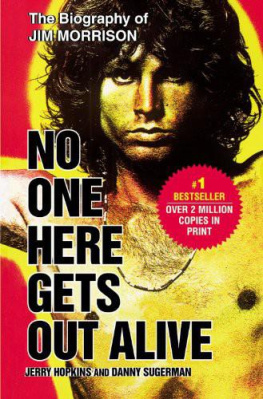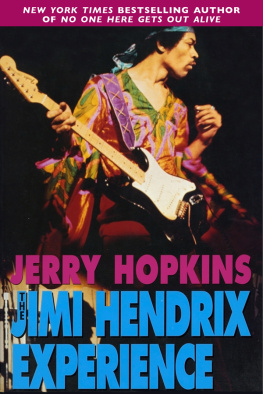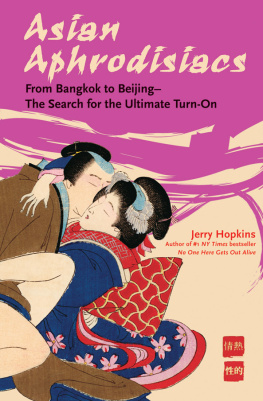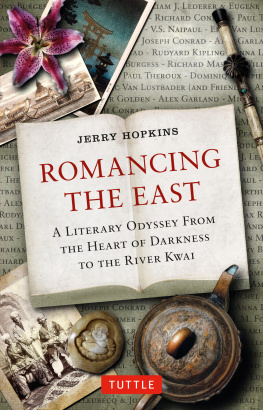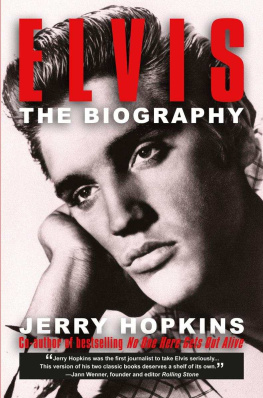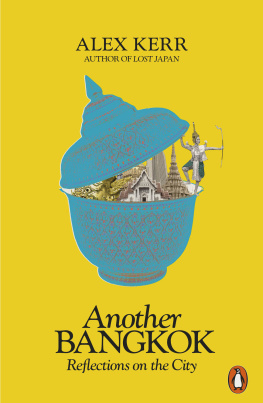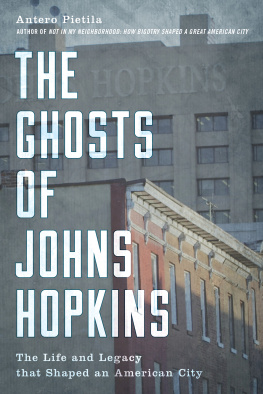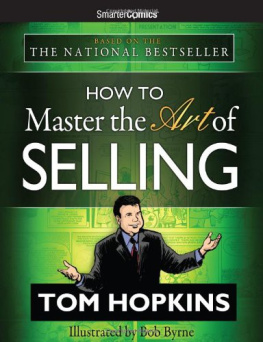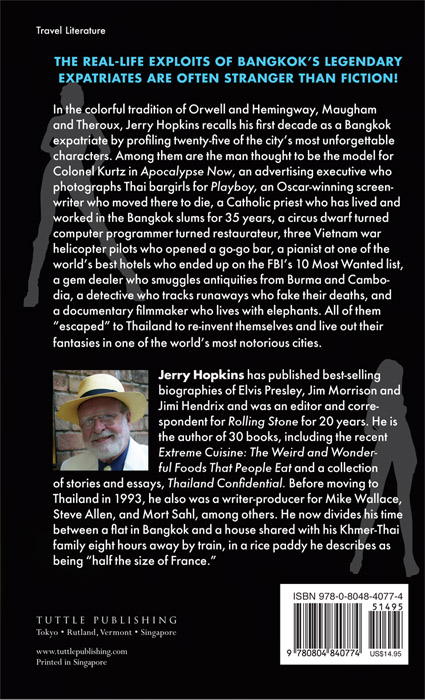The Real Colonel Kurtz?
When I heard that the government had kicked him out of the country, that he was persona non grata in Thailand after making it his choice of residency for twenty years, I wondered: what could anyone do that might be considered so offensive in Thailand as to justify deportation? When it came to behavior, this was the Southeast Asian country whose motto was mai pen rai , which is Thai for que sera sera . So long as you didn't badmouth Buddhism or royalty, it was a country known for its rampant hedonism and illegality. Anything you wanted or wanted to do was likely okay with the authorities, usually at an affordable price.
Tony Poe arguably was one of the most colorful characters of his time and place, in Sumatra, Tibet and Laos from the 1950s through the 1970s, and Thailand in the years that followed. He was one of many survivors of America's secret war who decided not to go back to the United States when the Yanks packed it in and left what used to be called Indochine to the Communists. Hundreds of these ex-warriors stayed in Thailand, where they livedand some still residemany with their Asian wives and kids, operating businesses, and nursing livers as defeated as the armed forces with whom they fought.
I never knowingly drank with Tony, although I might have; I drank in some of the same bars with his friends. One of them was Jack Shirley, with whom Tony ran Operation Momentum, the secret U.S. program aimed at organizing the Lao hilltribesmen into an anti-Communist army, so that it would seem that the opposition to the Viet Cong was homegrown rather than comprised of U.S. forces, who had no legal right to be in Laos in any case.
Tony's grandparents immigrated to the United States from Prague in the 1880s, settling in Milwaukee, where grandfather Anton became a successful baker. Tony's father, John Poshepny, served thirty-five years in the Navy and while stationed in Guam, married a native of the island named Isabella. Tony was raised in Californiaborn in Long Beach in 1924, attending high school in Santa Rosaand at age nine was accidentally shot in the stomach by his brother. Soon after his eighteenth birthday, he enlisted in the Marines, served with a parachute battalion in the southwest Pacific and then was leader of a machine gun team that invaded Iwo Jima. On the fifteenth day of what was one of the bloodiest battles of the war, he was wounded in the leg, recovering in time to join the initial occupation force sent to a defeated Japan.
After the war, Tony went to college on the G.I. Bill, graduating in 1950 with a degree in English and history from San Jose State, where he was known for his prowess on the golf course. This improbable encounter with the straight world apparently had little effect and in 1951, he applied for a job with the FBI , whose recruiter referred him to the CIA training school at Camp Peary, Virginia. He graduated in one of the organization's first classes. Shirley was one of his classmates and both were sent to Asia: Jack to help organize the Thai Border Police, Tony to work with members of an animist-Christian sect that had fled North Korea and were being trained to be sent back as saboteurs.
When the Korean police action ended, he was sent to Thailand for five years and then assigned to a CIA team involved in an attempt to overthrow the Sukarno regime in Indonesiaan effort that included an arduous 150-kilometer trek through jungle and over mountains for emergency evacuation by submarine. That was followed by an assignment to train the Khamba tribesmen who in 1958 smuggled the young Dalai Lama out of Tibet.
Thus, Poe already had a reputation as the Ultimate Drill Instructor by the time he arrived, in Laos in 1961. The French, who colonized what is now Vietnam, Laos and Cambodia, had been defeated by the Vietminh in 1954, and less than three months later, a conference in Geneva cut Vietnam in half. The Americans, who had paid for much of the French war's final years, moved in, believing that if the puppet South Vietnamese government fell in Ho Chi Minh's drive to reunite his country, the rest of Southeast Asia would tumble like dominoes. This theory was used to justify the U.S. war in Vietnam, a six-year-long conflict that killed nearly fifty nine thousand American troops and an estimated million Vietnamese. Poe was one of the men sent in to stop Uncle Ho's advance, specifically to protect the Laos border with Vietnam and inhibit the Vietcong's use of Laos territory that bordered North and South Vietnam along what was called the Ho Chi Minh Trail.
Here, along with the Thai border police (working with Shirley again), he helped train Hmong tribesmen who at a peak strength of thirty thousand were the only effective Lao army, delivering to his agency bosses a fighting force that gave the Commies fits, but came with liabilities, some of the most damaging to Tony himself. This also was where, and when, the Legend of Tony Poe began, along with his heavy drinking.
He liked telling a story about going to the Chinese border for a week-long assault on a Vietcong-held Laotian village where some of his soldiers had family, using that as a carrot to get his attack force highly motivated. When the U.S. ambassador in Vientiane heard about the plan, he blew his stack, worried that the incident might bring China into the war. Tony's status was not improved some time later when, drunk, he came to a meeting at the ambassador's office with a rifle in one hand, a machete in the other. Still another time, when someone was sent to rein him in, Tony reportedly flew the guy across the Chinese border and threatened to land and leave him there. Another version of the story said he threatened to throw the guy out of the moving chopper.
In 1965, he was living in a remote village in northern Laos, subsisting on government rations and whatever was locally available, isolated by the lack of electricity, roads and phones. The enemy approached as he sat outside his grass-roofed hut drinking scotch. He picked up an M -1 carbine and shot seventeen of them, according to friends' accounts, while taking a bullet in the pelvis that exited through his stomach. Using his rifle as a crutch, he then limped to a friendly camp some miles away, where he insisted a helicopter go back for his wounded troops before taking him to safety; if you don't take care of your troops, he said, you can't expect them to take your orders. Fearing his continued illegal presence in Laos would be discovered by the press if taken to a hospital in Vientiane, he was airlifted back to Thailand, the official story being that he was a U.S. Air Force crewman shot down in neutral Laos.
The tales piled up like apocrypha and it was when he offered his troops a one-dollar bounty for every pair of Commie ears turned in, then strung them from the eaves of his house, carried them around in paper bags to shock new arrivals in-country, and stapled them to his official reports when his body count was questioned, that his reputation as a barberous sonofabitch was set. The way Tony told the story, he stopped the practice when he encountered a twelve-year-old boy with no ears and was told his daddy cut them off for the reward. After that, Tony paid $10 for heads, providing they came with a Vietcong cap. When asked if it were true that he dropped those heads onto enemy encampments, he said he'd only done it twice, once to deliver a message to a hostile village headman who'd taken a shot at his plane.
There was another time, a friend swears, that as Tony was conversing in a Bangkok bar, beneath the table he was silently strangling a cat. Hospitalized in the same city with wounds from a Bouncing Bettya mine that springs up when stepped on, exploding at chest-heightfriends supposedly sent him a bottle of vodka with a prostitute and, they insist, he was expelled from the hospital despite the fact that his playtime with the hooker had ripped open several stitches. He also lost two fingers when trying to defuse a booby-trap, leaving him with a claw that he used, when drunk, to great dramatic effect.

